Charting New Territories: The Quest for Ideal Project Week Locations
Four different 2022 Project Week trips around the world.
For the past 52 years, the anticipation of Project Week locations has instilled excitement among Upper School students. Yet the complex and intricate process of selecting Project Week locations remains a mystery to most community members.
“These projects are thought of and planned by faculty,” Upper School Spanish teacher and Project Week Coordinator Xavier Espejo-Vadillo said. “It can be something related to what they teach, or something unrelated.”
Faculty members can choose to either repeat a successful past project or embark on a new one each year. However, the planning process can be an undertaking as they must balance the numerous responsibilities that go along with planning a trip for up to 18 (or sometimes more) students.
This school year, Latin set a strict budget of $3,200 for each student. “Exceeding the expected cost will cancel the project, and the idea will not move forward,” Mr. Espejo-Vadillo said.
After the faculty finalizes their Project Week proposals, they submit them to a committee of Latin faculty and staff for approval, ensuring that each trip provides the best possible experience for students. These members of the committee include Karen Horvath Ingrid Dorer, Jessica Dzieweczynski, Amy Merrell, Nick Baer, Eleanor Maajid, Tony Pascolla, Ed Mahoney, and Mr. Espejo-Vadillo. This committee considers safety and budget before approving potential projects. If a location is deemed unsafe or unsuitable for Project Week, the committee will advise the group leader to seek alternative locations. Certain projects, such as a new project this year, “New Zealand: Maori Culture, Customs, and Conservation,” take years for approval because of travel warnings, health and safety dangers, budgets, and overtourism.
When preparing for out-of-town projects, faculty and staff diligently consider the anticipated weather conditions before their departure. They assess the weather forecasts a week ahead of time and remain vigilant throughout the week, ensuring that the journey is undertaken safely, and free from any travel warnings or potential disruptions caused by severe weather conditions. “Some countries may have travel warnings, and depending on the travel warning, the Project Week [may be] postponed,” Mr. Espejo-Vadillo said. If a flight is delayed or canceled, guardians are immediately notified about the revised plan for each student.
However, even though Latin takes safety precautions before approving most projects, sometimes unprecedented events occur. Sophomore Joey Fineberg had an accident during her freshman year Project Week in the Sonoran Desert.
Joey said, “I was biking down a mountain and lost control of the bike, causing me to fly off and get impaled by a rock.” Joey received six stitches in an emergency room and had the rock removed. The next day, she was back on her feet, hiking and biking. “Latin took immediate action when the incident happened by notifying faculty and keeping my parents informed about how I was doing,” Joey said.
At the end of Project Week, students can share feedback with the faculty who ran the project. This feedback plays a pivotal role in shaping and enhancing future project experiences, with the faculty actively considering student perspectives to make adjustments if they choose to offer a project again.
Educational value is another primary factor in selecting Project Week locations. All students are expected to finish the week with a new lifelong skill or exposure to new challenges, from learning magic tricks to knowing how to dog-sled. Latin prioritizes teaching beyond the basic classroom environment by providing real-world opportunities for students to explore and develop teamwork, problem-solving, and creativity skills.
Sophomore Avery Hellweg, who went on the “West End on Demand” project in London last year, said, “I would take a school day which had acting, singing, and dancing … and it put into perspective the work people put in for such elaborate productions.”
Nevertheless, Project Week intentionally keeps school work to a minimum, allowing students to immerse themselves in the hands-on experience fully.
Upper School Project Week Coordinator Ed Mahoney noted that faculty “look for projects that expose kids to new learning, that are experiential, challenging, active, and come out with a product or skill.” Learning how to navigate unfamiliar cities is considered an important skill that many students can develop during Project Week.
Many projects also focus on current world problems and events. “[Mr. Schneider] has run the [gun violence] project quite a few times, and through his experience, he has made a lot of great connections to continue to use,” Mr. Mahoney said.
Students have also formed lifelong bonds with their peers across all different grades of the Upper School. But it takes hard work to make Project Week possible. With Latin’s dedicated faculty and staff, the fan-favorite week is always deemed a success. Mr. Mahoney said, “Project Week is a special experience, and we hope we will be able to continue it throughout the years.”

Myles Antelis ('27) is delighted to be able to write for The Forum this year. He is interested in covering all of Latin’s news and making entertaining...

Carla Di Silvestro (‘27) is a freshman who is elated to write for The Forum. She is excited to pursue writing, while keeping the Latin community informed....






































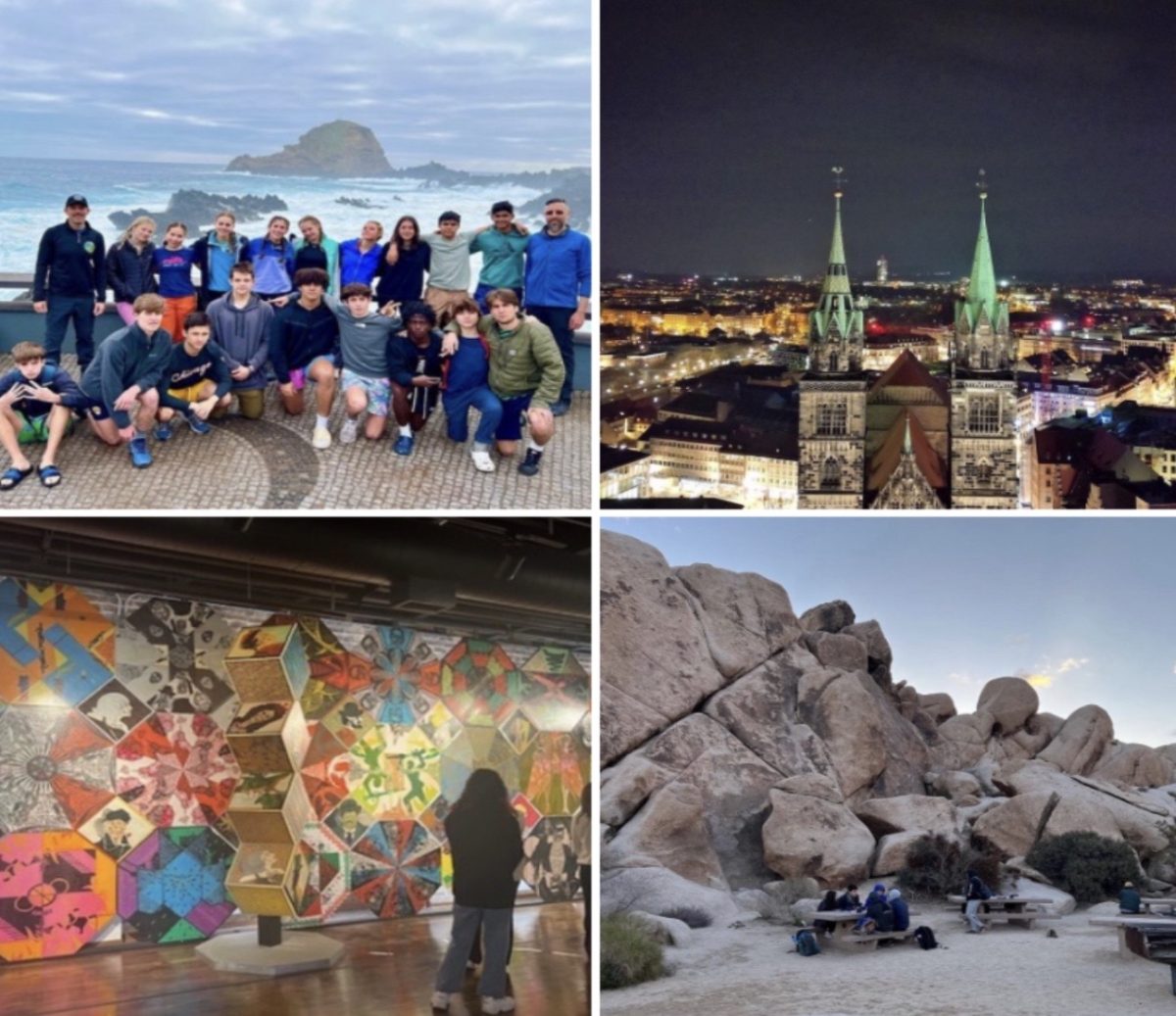
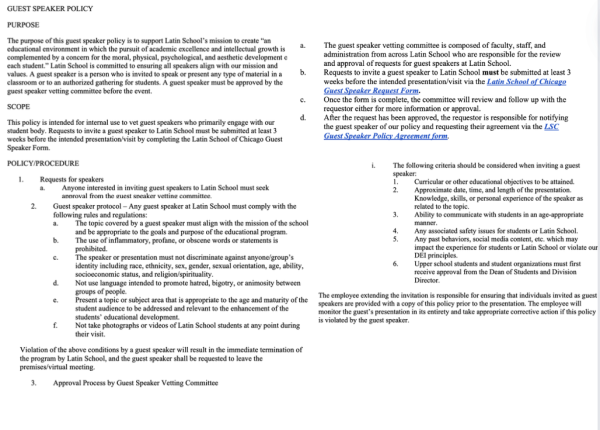
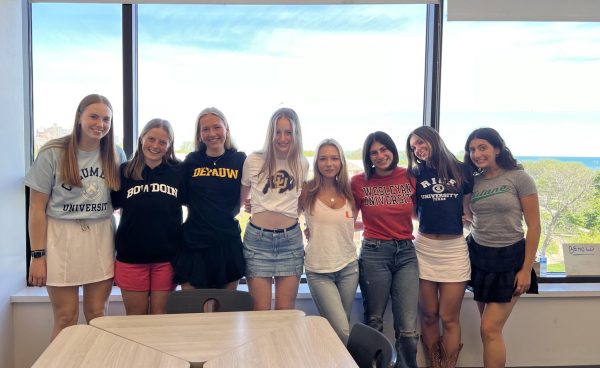



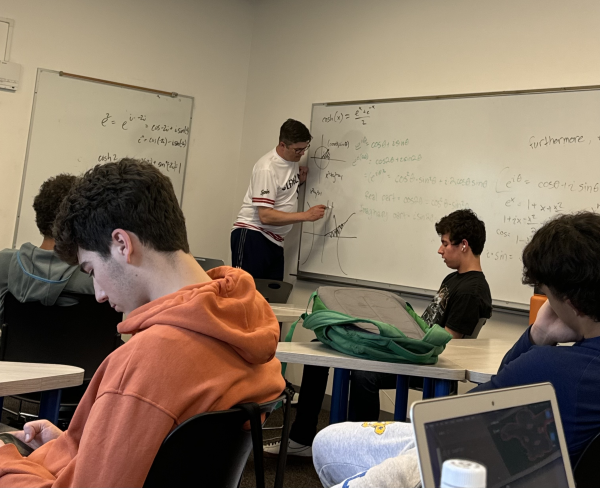
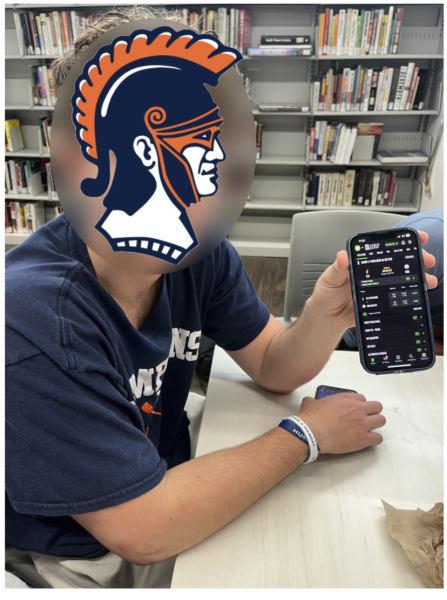
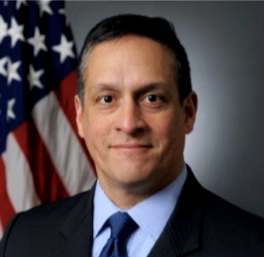
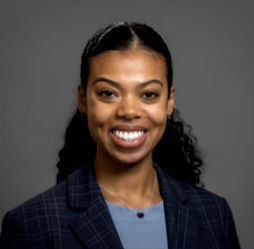

Ilse Monarrez • Feb 21, 2024 at 9:34 am
great work ! it was very detailed and loved to learn more about Project Week!
jennifer • Feb 16, 2024 at 10:08 am
Great article- interesting information, well written. It is clear that Latin does it’s due diligence when it comes to Project week experiences.